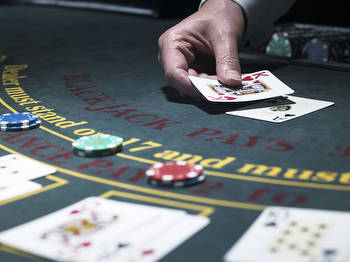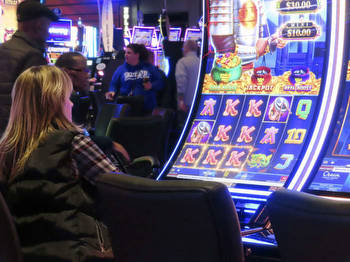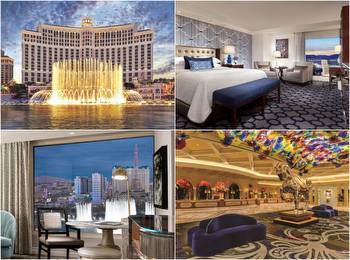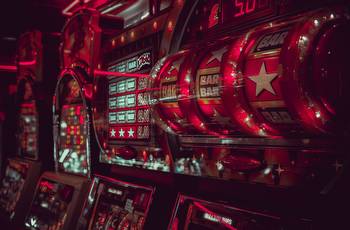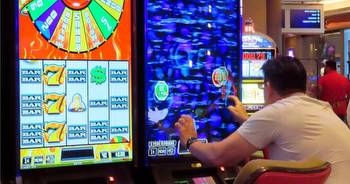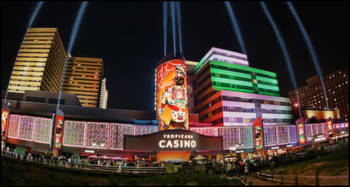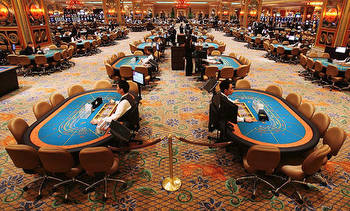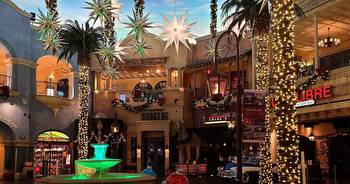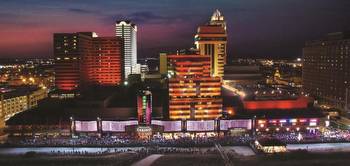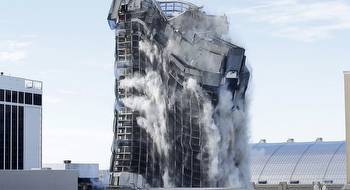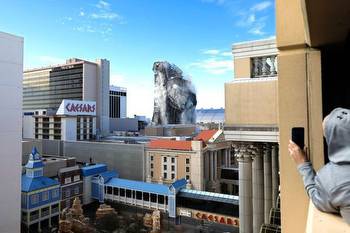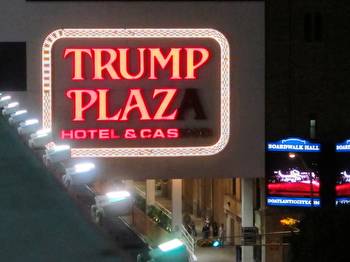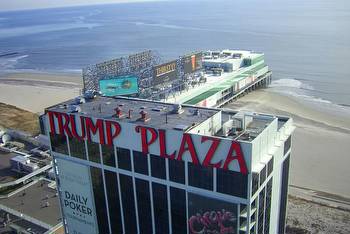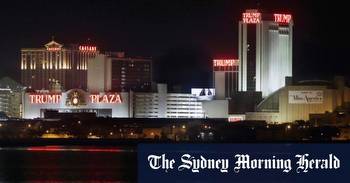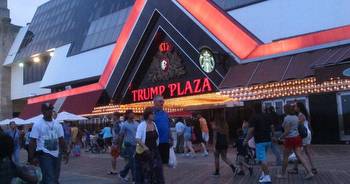The Story Behind Atlantic City Boardwalk Architecture and How Casinos Affected It

The boardwalk was built in 1870 along the Atlantic Ocean to keep sand out of the lobbies. The boardwalks were removed at the end of high season. By the beginning of 21st century, online casinos started appearing. iGamingNJ team considered how the casinos impacted the boardwalls architecture.
After Prohibition, the tourist population dropped dramatically and many hotels were torn down or converted to apartments. After the gambling activities in the state had gotten legal, however, things changed.
In 1976, Atlantic City legalized gambling and hotels proliferated along the waterfront. Donald Trump got big-name boxing matches to attract tourism to the city. Mike Tyson had most of his fights in Atlantic city in the 1980s.
The 1980s saw a considerable casino construction boom in Atlantic City. The Brighton that turned into the Sands Hotel and Casino launched in 1980. Del Webb’s Claridge and Hi-Ho Casino were run in 1981 and became part of Bally”s. Playboy Hotel & Casino, later known as Atlantis, Trump Regency, and Trump“s World Fair opened. Tropicana Casino and Resort became TropWorld and is now Tropianna. Trump Plaza Hotel became Trump Marina Hotel. Showboat Casino Hotel started in 1987 and in April 1990, the Trump Taj Mahal Casino Resort opened, which closed the construction Boom.
New Jersey legalized online gaming operations for Atlantic City casinos and players within the state's borders in February 2013. Resorts like Borgata Hotel Casino & Spa, Caesars Atlantic, Golden Nugget Hotel, Resort Casino Hotel and Tropicana Casino and Resort now run twenty different online gambling platforms online poker rooms.
The future of land-based casinos in Atlantic City is not clear. No offline casinos would disappear or close within the foreseeable time because they're partnered with the online ones.











